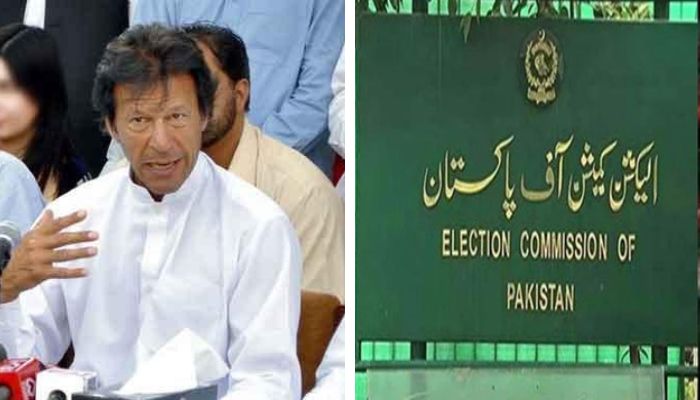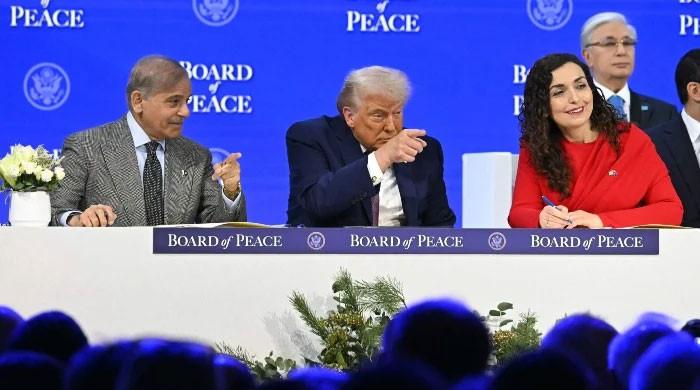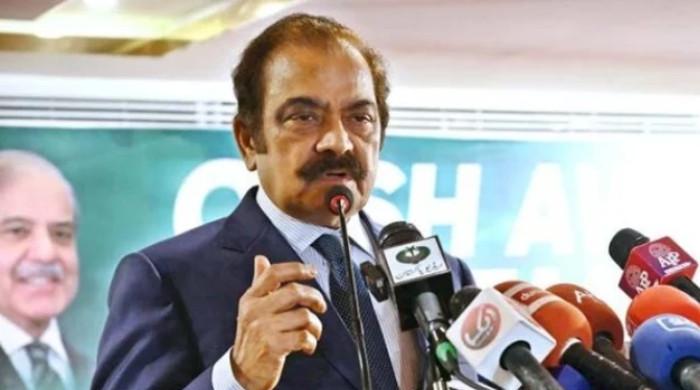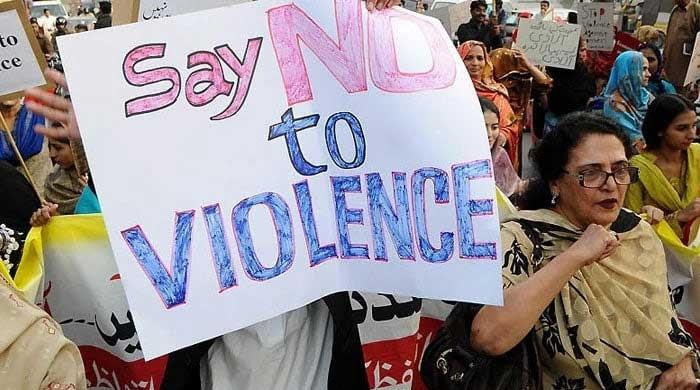PTI’s prohibited funding case: Key highlights from the ECP ruling
What exactly does the order say? Here are key highlights from the ECP verdict
August 02, 2022

After nearly eight years, the Election Commission of Pakistan (ECP) has announced its ruling into the high-profile case of the PTI receiving funds from prohibited sources, under the election law in Pakistan.
As per the 68-page order, the commission states that former prime minister Imran Khan’s PTI did indeed receive funding from foreign companies and individuals, which it hid. For now, the ECP has issued a show-cause notice to the party to explain why the prohibited funds should not be confiscated.
What exactly does the order say? Here are key highlights from the ECP judgement:
- Funds amounting to $$2,121,500 were transferred from a Dubai-based company by businessman, Arif Naqvi, into PTI’s account. The PTI “knowingly received and accepted donations from a company which was being operated by a business tycoon who was involved in criminal fraud,” states the Commission, adding that it gave the party “ample time”, from 2018 to 2021, to make a disclosure.
- The ECP also states that funds were also sent from Dubai to a PTI account by someone whose identity both Arif Naqvi and PTI did not disclose.
- Two companies were registered in the USA by the PTI, which collected $2,525,500 but did not differentiate between “individuals” and “entities” and foreign nationals. The companies received donations from 351 companies and 34 foreign nationals. “The PTI agents did not follow the Pakistani laws, which permit receiving funds from Pakistan citizens and not foreign nationals,” writes the ECP. It also notes that since no database of the nationality of donors was provided by the PTI, the ECP’s scrutiny committee was forced to identify the list of donors as those who “appear to be Pakistani” and those who do not.
- PTI had a corporation registered in Canada but did not disclose to the ECP where the money was being collected from, taking shelter in Canada’s privacy laws. By not making a full disclosure the PTI committed acts of “willful concealment, misstatement and misrepresentation of facts”, states the ECP. It further adds that funds transferred by a Canada-based corporation, therefore a foreign company, is prohibited under the Political Parties Order 2002.
- Similar companies were operated by the PTI in the UK and Australia which transferred funds into PTI accounts. Again the law does not permit foreign-registered companies to channel funds to local political parties.
- PTI received and accepted donations from 34 foreign nationals to the tune of $35,651
- PTI disowned the ownership of 13 bank accounts. But the State Bank of Pakistan’s record shows that the accounts were opened in the name of the PTI. In fact some of the accounts were opened by PTI’s Mehmood ur Rasheed, Mian Muhammad Farooq (PTI’s general secretary), Asad Qaiser, Imran Ismail, Seema Zia, (PTI’s women wing) and Qasim Khan Suri. Despite PTI disowning these accounts money was being transferred into the bank accounts. “The respondent was in full knowledge and the stance of denying the accounts as ‘unknown’ cannot be entertained,” stated the ECP. It adds that the PTI failed to disclose these accounts which were being operated by the “senior leadership of the party”.
- PTI chairman Imran Khan submitted Form 1 to certify that the party was operating as per Pakistani statues, but on the basis of record available before the ECP it was “constrained to hold that Mr Imran Khan failed to discharge his obligations under the Pakistani statutes” and that the submissions filed by him were “grossly inaccurate and wrong”.











